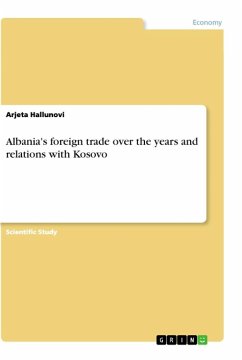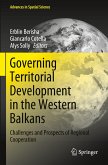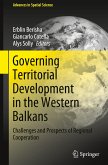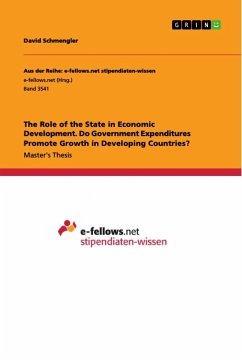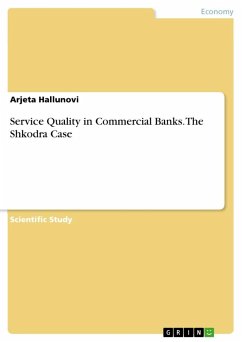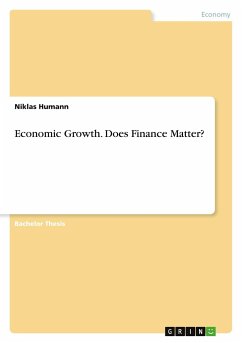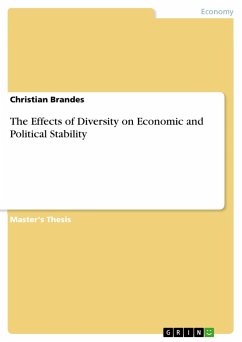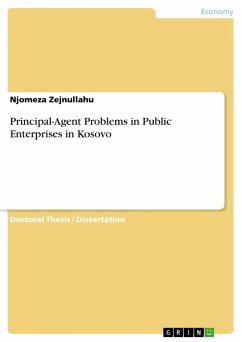Scientific Study from the year 2019 in the subject Economics - Finance, grade: 10, , language: English, abstract: The purpose of this study is to give a clear picture of the development of Albania's foreign trade in a long time from the 16th century to the present day. It will also address the features of each period and the most important trade agreements. Given the favorable geographic position Albania has had trade relations with a large number of states but these relations have greatly influenced the policies pursued by our country over the years. Albania's foreign trade liberalization was not an immediate process and act. This process initially started with breaking the state monopoly on foreign trade, which was initiated by the privatization and overall liberalization of the economy, initially from the legal point of view to that of the laws adopted by the democratic parliament, and then gradually being implemented by the side of executive power.The causes that make international trade cooperation necessary are related to: uneven distribution of production factors, changes in taste and consumption, economies of scale, absolute and realistic output advantages, climate factors, economic and geographical proximity, international transfer technology, international labor migration, and so on. States that transformed their power from communism to democracy faced such economic problems that are solved during the economic transition period. One of them is Albania, which still seems to have been hostage to the transition process. Another important point of this topic will be the relations between Albania and Kosovo.How did they walk? How would a customs union affect the development between the two countries? Has the development of the nation's path awaited the development of trade relations? How is the level of exports and imports between them? These will be some of the points that will be answered in this study.
Hinweis: Dieser Artikel kann nur an eine deutsche Lieferadresse ausgeliefert werden.
Hinweis: Dieser Artikel kann nur an eine deutsche Lieferadresse ausgeliefert werden.

